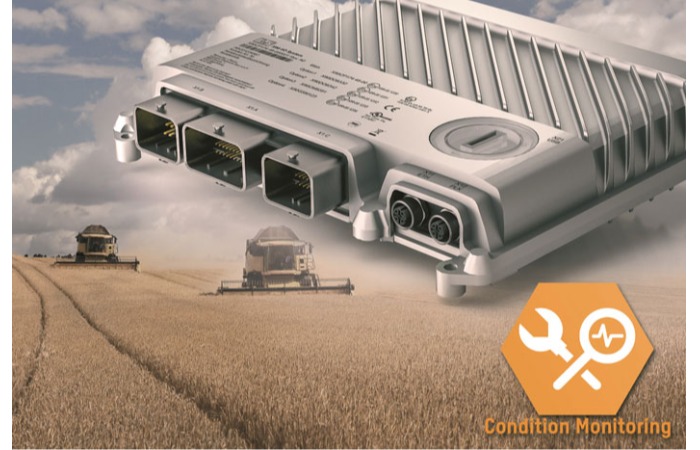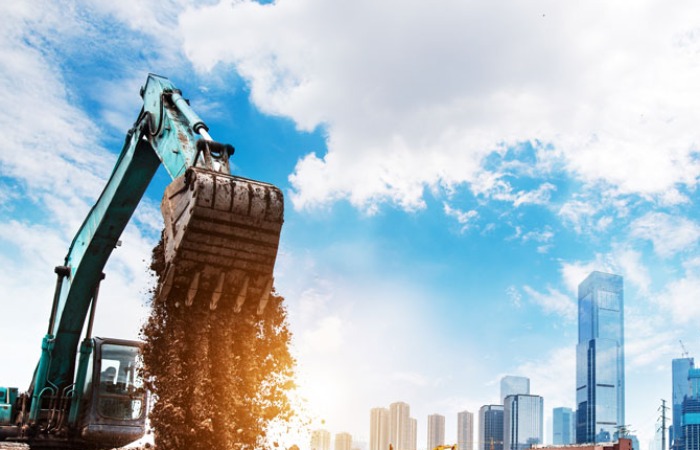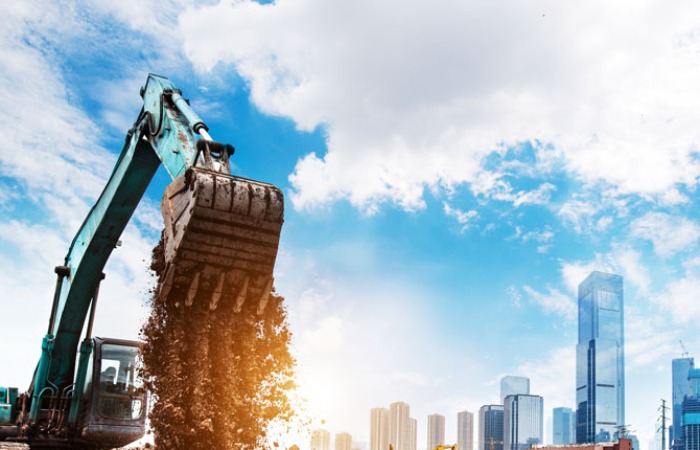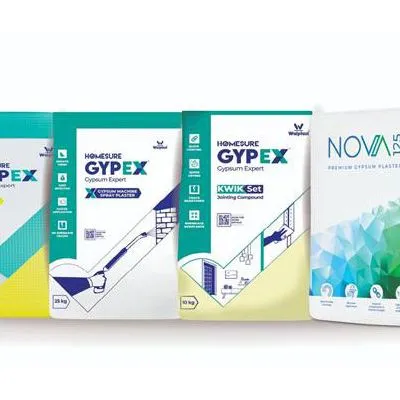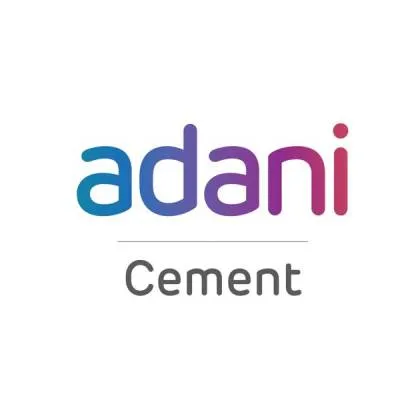Schedule a Call Back
Mandatory parameters for standardisation and indigenisation
According to Nalin Gupta, Managing Director, J Kumar Infraprojects, this will result in a boom in ancillary industries. ?The notification makes it mandatory to use 50 per cent local content in compliance to public procurement, straightway promoting Make in India,? he says.
?Any mandatory technical parameters are meant to help standardisation and indigenisation,? says Dr E Sreedharan, Principal Advisor, Delhi Metro Rail Corporation (DMRC), viewing this as a correct step forward. However, he adds a note of caution: ?Our zest for Make in India should not lead to dilution of specifications, which will jeopardise the safety and reliability of the system.?
Meanwhile, Keshav Mishra, Director, PricewaterhouseCoopers, says, ?This initiative will help reduce the cost incurred for procurement (primarily design and validation), inventory management and spare availability and enable interchangeability and reliability.? He adds that the capabilities of ancillary industries will also improve as the requirement for standard product/components/LRU will be higher. OEMs will undertake improvements in design and focus on cost-optimisation to comply with standard procedure and safety requirements to secure compatibility and interface consistency. This will also facilitate a competitive environment and removal of trade barriers, lower the capital cost of lifts and escalators, and open the opportunity for leasing services for OEMs. However, he points to a major challenge with standardisation: ?It could limit innovation to develop or introduce a new product range owing to thin margins, limited improvement of product or service quality, and limited number of manufacturers and service providers in the market for supply and maintenance of system, equipment and components.?
As Sunil Mathur, Director (Rolling Stock & Systems), Maharashtra Metro Rail Corporation, informs us, ?The Ministry of Housing & Urban Affairs, in consultation with Mumbai Metro, has issued standardisation parameters for all electrical equipment in metro systems for easy availability of spares and special tools during operation and maintenance.? He says standardisation of lift mechanisms, like room-less elevators, VVVF motor use, safety switches and emergency mechanisms, has made lifts even safer, while standardisation of tunnel ventilation fans has made installation and maintenance easier. And the rating of chillers, fans and AHUs has an added advantage as these have a wide variety of specifications in the market.
?However, the guidelines on some equipment should be relaxed as these shall be customised according to the particular city and metro project,? adds Mathur. ?For instance, tubular portals are used in the Nagpur and Pune metro projects for an aesthetic look; some standardisations of the electrical panel and switchgear equipment are new and shall be designed again.?
For her part, Ashwini Bhide, Managing Director, Mumbai Metro Rail Corporation, says, ?In Metro Line 3, we are using machines keeping the mandatory parameters in mind. With this standardisation of specifications or requirements of equipment (lifts, escalators), there will be uniformity in general specifications of procurement stage. This leads to competitive prices, ease in operation and maintenance, shorter design finalisation and quicker deliveries of materials. It will generate more indigenisation and OEMs will be assured of markets for their products developed and manufactured in India.?
As for elevators, Otis? Bengaluru factory is equipped to manufacture for this sector. ?The elevators for Bengaluru Metro will come from the Otis India facility,? says Sebi Joseph, President, Otis India. ?Our global technology transfer programmes have helped build the Make In India narrative. Such programmes help ensure that the Indian customer is offered the best tried-and-tested technology from across the world and give them the value they appreciate.?
DMRC will specify indigenised equipment such as fans, chillers, etc, for its upcoming Phase 4 work. B Ravindranath, Senior General Manager - Infrastructure Projects, Voltas, says, ?It will help lower the overall project cost and reduce dependence on foreign suppliers for such equipment and spares.? Voltas is currently executing tunnel ventilation projects for six underground stations in Kolkata Metro and E&M works for two underground stations and six elevated stations in Chennai Metro. The company is also executing depot building E&M works in Chennai Metro for the Phase 1 A extension.


Subscribe Now
Subscribe to our Newsletter & Stay updated
RECENT POSTS
Popular Tags
Folliow us
Related Stories
Walplast’s GypEx Range Secures GreenPro Certification
Walplast Products has received GreenPro Ecolabel certification from the CII-Green Products and Services Council for six products under its HomeSu...
Adani Cement, NAREDCO Form Strategic Alliance
Adani Cement has entered into a strategic partnership with the National Real Estate Development Council (NAREDCO) to support India’s expanding ...

